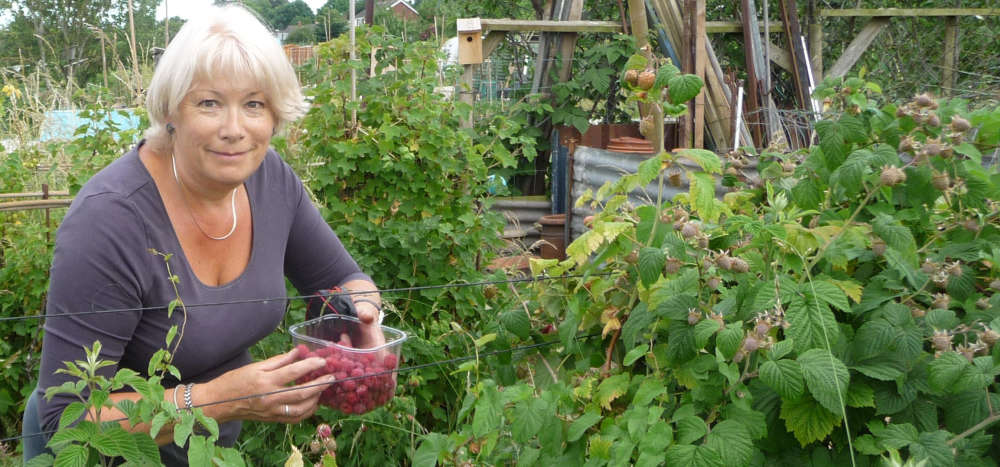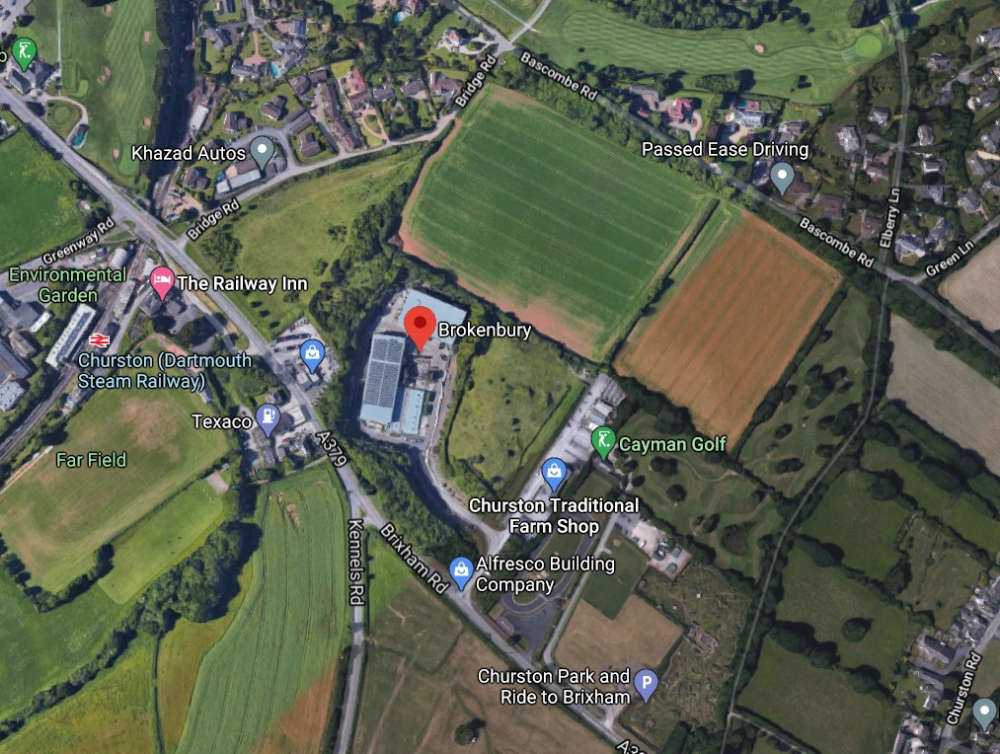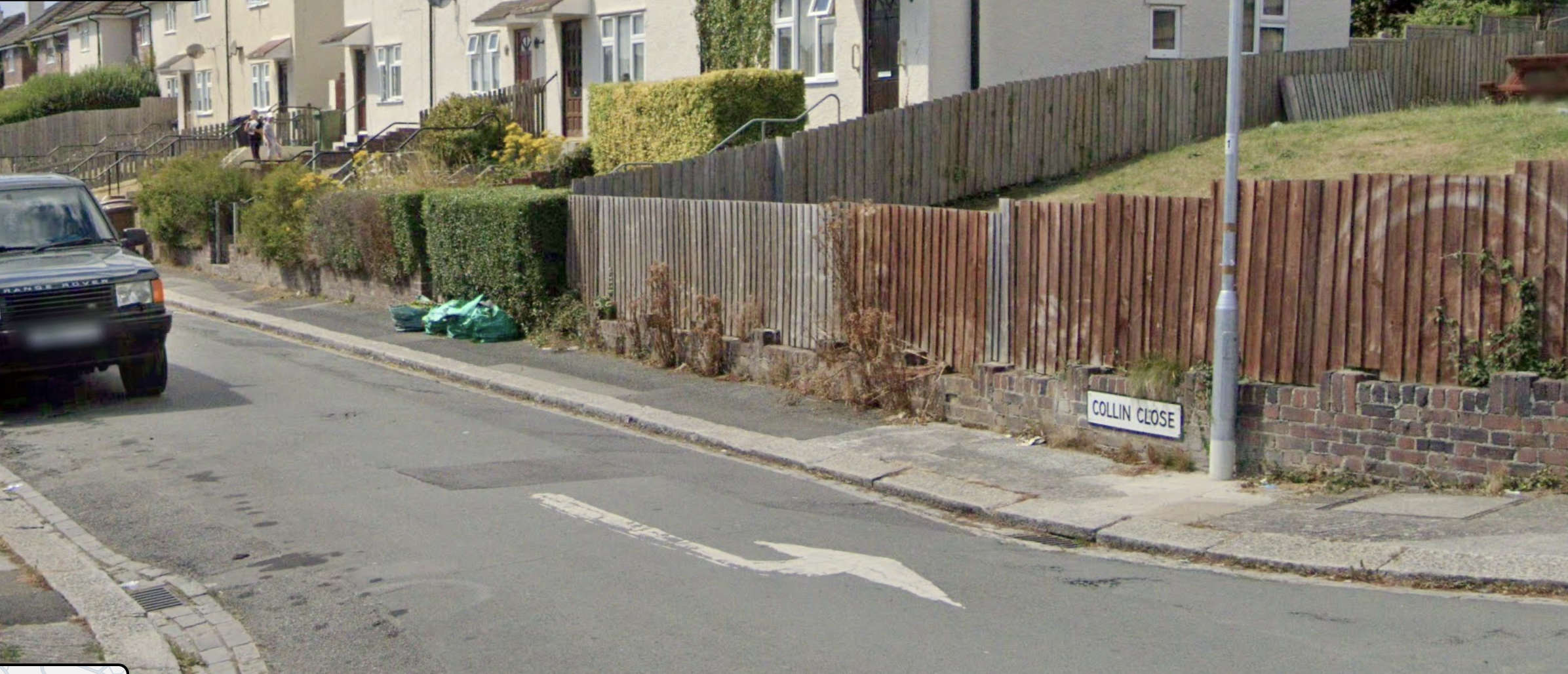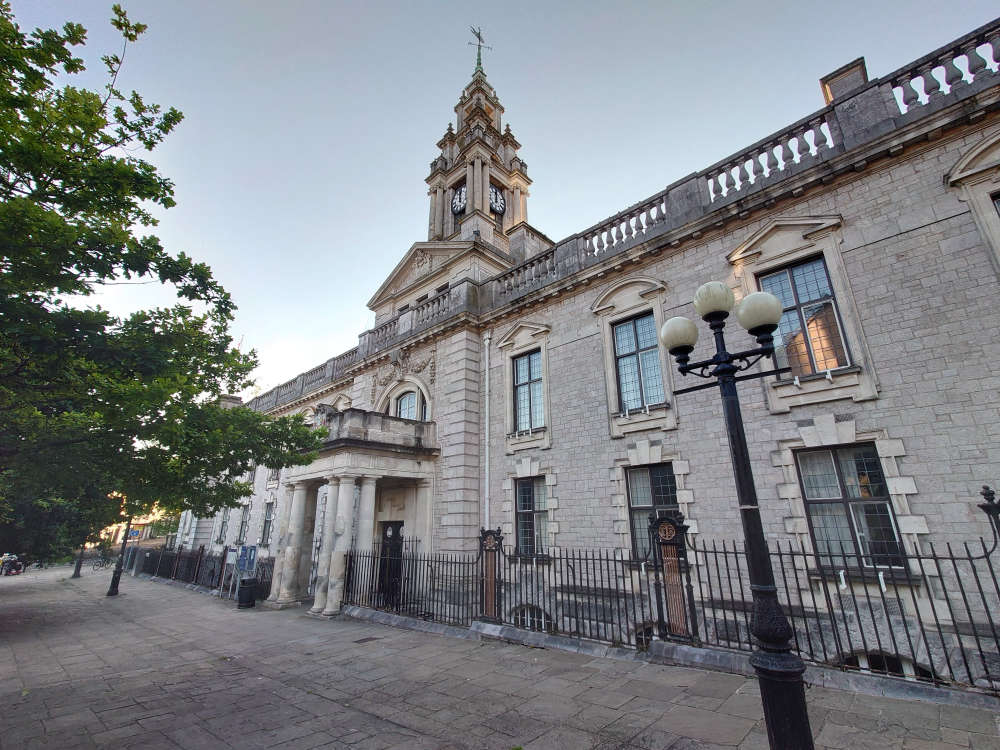
Council says it has to balance the books
Allotment holders in Exeter are digging in for a battle over fees with the city council.
They say planned increases to the cost of allotments - in some cases a 77 per cent rise - are too high, and will drive people away.
One campaigner said the plots are a priceless asset. She added: “For some people this is their community. It’s their reason for getting up in the morning.”
Council officers insist no decisions have yet been made, and despite the fact that a ‘saving’ created by increased fees already appears on their budget documents, they are still trying to find ways to balance the budget without penalising the gardeners.
The council, like others all over the country, is trying to balance its books for the coming year in the face of rising costs and decreasing funding from central government.
Many local councils are raising fees and charges as a way of making up the shortfall.
Exeter has more than 1,500 allotments, and holders say people will be driven away if the charges go up.
The proposed increase is £3 per rod, an old Imperial measure which is just over five metres. Depending on allotments, that could mean increases of between 40 and 77 per cent.
A standard allotment with a water supply currently costs £8.35 per rod with concessions for pensioners. The new proposals mean a standard allotment would cost £11.80 per rod, with senior citizens facing the biggest price hike.
The allotment holders say the benefits of having a piece of land are not only in wellbeing but also in being able to grow food to combat the cost of living crisis.
Becky Wells, secretary of the St Thomas Allotments Association, said: “Some people are going to be unable to afford their plots. For people on fixed benefits or state pensions this is a huge hike in fees.
“We are a very diverse community. It’s no longer just old blokes in sheds. There are a lot of families, and a lot of people for whom English is not their first language.”
She said allotment holders had offered to take on tasks such as strimming and admin to save the city council thousands of pounds as a way of getting the service towards ‘cost-neutral’ without increasing fees.
And, she said, an official complaint had been lodged over the way the council carried out its consultation.
The council has said the government’s cuts mean it needs to reduce budgets by £6.6 million over the next two years, meaning subsidised services like the allotments must become ‘cost-neutral’. To end current subsidies, the allotments have to generate an additional £25,000 in income or savings.
A spokesman for the city council said: “Allotments are a great asset to our city and are highly valued by our residents.
“Like all other councils, we have had to reduce our budgets in the current financial climate.
“Over the last few weeks, we have been consulting directly with allotment holders on ways to enable the allotment service to be self-funding.
“This has generated many alternative suggestions to balance the budget, and we will now be working these through in detail.
“No decisions have yet been made, and we would like to thank all of the many allotment holders who have responded.”
Exeter’s budgets will be considered by members of the full council at a meeting in the Guildhall next week. Documents show a proposed saving of £20,450 created by the revised allotment fees.
 Official challenge to Torbay solar farm project
Official challenge to Torbay solar farm project
 Two people injured in suspected Plymouth stabbing
Two people injured in suspected Plymouth stabbing
 Four councillors banned from council tax debates
Four councillors banned from council tax debates
 Video shows Devon biker causing horrific crash
Video shows Devon biker causing horrific crash
 Murder charge after Kingsbridge crash
Murder charge after Kingsbridge crash
 Poorly monkey gives birth to healthy baby
Poorly monkey gives birth to healthy baby
